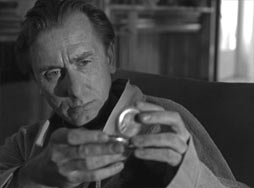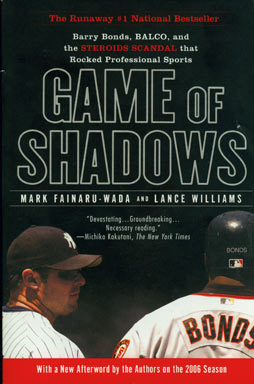By Julissa Treviño/south news editor
Youth Without Youth (3 stars)
Youth Without Youth definitely has a certain appeal, despite the confusing plot.

Returning from his 10-year break, Francis Ford Coppola, director, writer and producer, creates a very artsy, intellectual project.
It has a complex plot, beautiful cinematography and great acting, led by Tim Roth as the principal character, Dominic Matei.
Based on Romanian writer and philosopher Mircea Eliade’s novella of the same title, the story takes place in the late 1930s in several European locations controlled by the Nazis.
Matei, a 70-year-old professor, receives a second chance at youth that leaves him looking 35.
With this newfound youth, he can finally complete his life’s work: research on the origins of language. His transformation, though, also leaves him with the miraculous ability to have instant knowledge of anything he touches, but not without hallucinations.
With the far-too-complex storyline, the movie never seems to follow a clear plot. It first focuses on Matei’s transformation; then, it turns to his venture of avoiding being taken in by the Gestapo to Hitler’s scientist. Again, the film turns its focus to his research.
And although it’s supposed to be a love story, Youth Without Youth misses its goal by including too many obscure details that become confusing.
The complicated plot only highlights Coppola’s intent to make such a personal and intellectual film that, unfortunately, can lose its audience.
However, the movie does live up to its director’s legacy by capturing viewers with stunning visuals and creative camera angles. The overall appearance–the colors, the costumes and the scenery–of the movie is beautiful to look at.
The acting in the film is also brilliant. Roth’s performance alone makes up for the film’s shortcoming. Portraying several distinct characteristics and moods, Roth is mesmerizing.
The film’s artistic creativity, through cinematography and acting, is undeniably enough to be appreciated, even by its harshest critics.























